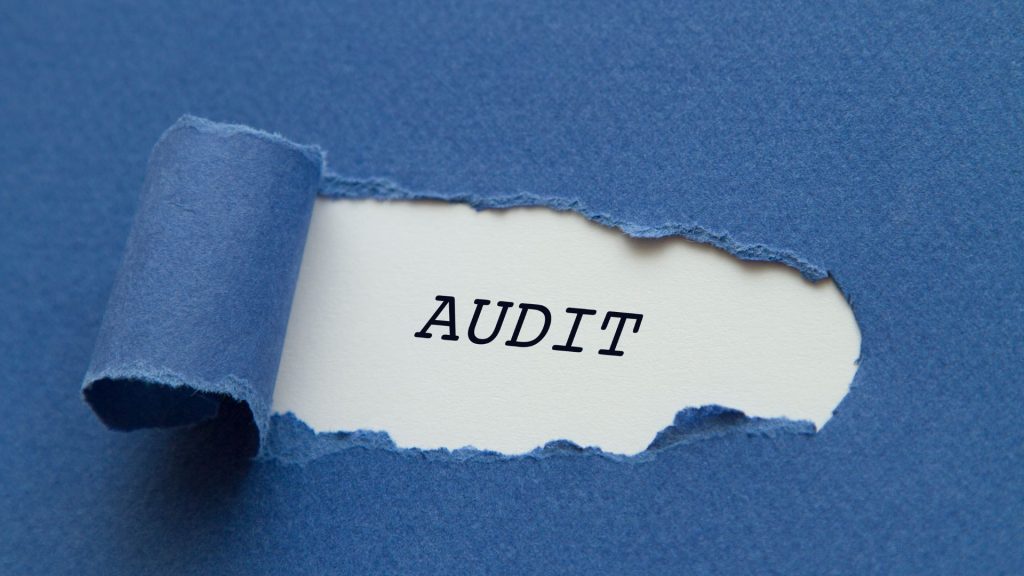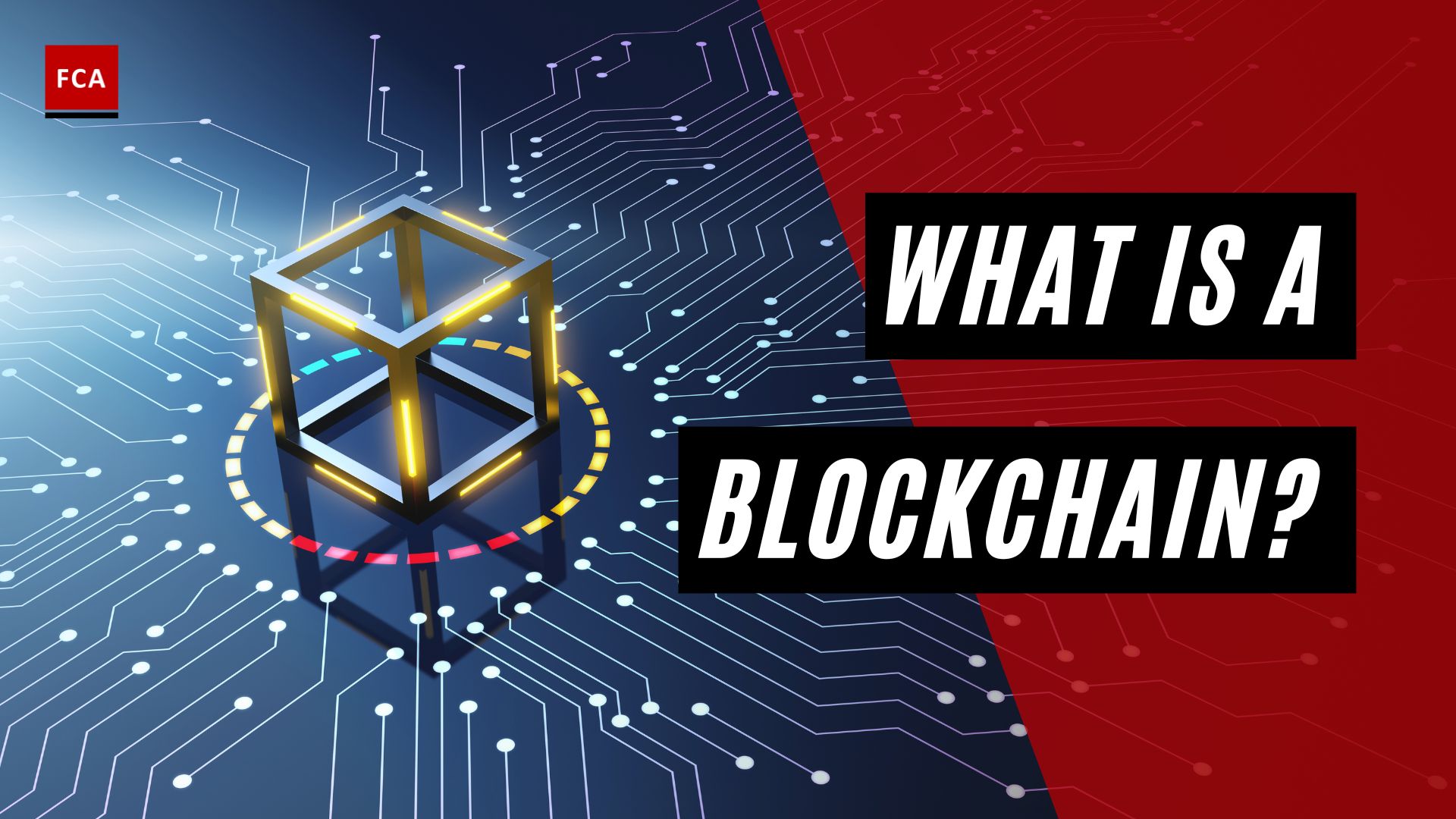Blockchain auditing, while complex and time-consuming due to the distributed and decentralized nature of the technology, can be effectively navigated with specialized knowledge in cryptocurrency, cryptographic systems, consensus algorithms, distributed ledger technologies, and specific programming languages, ensuring transaction accuracy and data integrity in the digital age.
The demand for auditing blockchain technology and associated processes has also increased. The auditing of a blockchain is considered a complex process, because of the variety of challenges for both the auditors and organizations to be audited.

Blockchain Auditing
Below are some of the challenges in blockchain auditing:
Distributed Nature
The primary issue that is associated with the audit of blockchain technology is that no single source of truth or central database contains all the transactions. Furthermore, due to its distributed nature, the blockchains are very difficult to audit. This is because each transaction needs to be verified independently on each node in the blockchain network, which makes the process of verifying the accuracy of data a time-consuming task and requires expert resources.
The concept of a single source of truth is the ability for an immutable record or the “truth” to be shared between different users without demanding third-party validation. Ensuring the transaction’s accuracy and the security of data across different transactions may be a difficult process without having relevant systems and resources to perform the audit.
The lack of a single source of truth means that trust needs to be established and maintained between the users which can also be a time-consuming task and a costly process.
Further, the open networks may have the potential manipulation, because different users may have conflicting versions of similar data due to different levels of accuracy.
Time-Consuming
By carefully analysing the blockchain contents, the auditors may be able to detect the potential issues and make sure that the transactions are securely processed and recorded, however, this process can be read as a time-consuming and complex process.
The complexity involved in auditing a blockchain is due to the large amount of data that is associated with each transaction, and the auditors may go through every step to analyse the entire blockchain of different events leading up to a particular transaction.
Verifying individual blocks, checking the accuracy of timestamps, and data inconsistencies in addresses that are used in transactions, take time, and require careful analysis by experienced audit professionals who deeply understand blockchain technology and how it works.

Complexity
Due to the complexity of the technology, the audit process is very difficult to perform, especially when the required level of knowledge and resources are not available.
As blockchain technology is an emerging and new form of distributed ledger technology (DLT), therefore recording and verifying transactions on a digital network need to be simplified or require the availability of specialized knowledge to audit the technology and the system involved.
Due to decentralization, where each node has its copy of the data stored on the network, the audit process is difficult to perform. Additionally, it can be very difficult to reconcile multiple copies because no single source records all changes that are made throughout the decentralized system, which means that the traditional methods used for auditing the financial transactions may not be applied to the blockchains and need more sophisticated techniques, to ensure the accuracy and reliability of transaction and data.
Due to the inherent transparency, the blockchain may create some privacy issues, leading to non-compliance with the privacy laws, if not managed adequately during the process of auditing.
Potential Solutions
Auditing a blockchain may be a usual process if the proper knowledge and skills are available that are essential to ensure the transaction’s accuracy and the integrity of data which is stored on a blockchain. Certain key elements of knowledge must be acquired to audit the blockchain appropriately.
The auditor needs to understand the fundamentals of cryptocurrency, cryptography technology, and cryptographic systems, including hash functions, digital signatures, and the encryption of the public key. This required level of knowledge and understanding may provide insight into how the blockchains are secured, and help detect data modification or data tampering.
Further, the auditors need to understand the consensus algorithms and distributed ledger technologies (DLT), like smart contracts that are widely used in many blockchains.
Additionally, the auditors need to be familiar with the programming languages, such as JavaScript, which allow them to explore transaction details more precisely for further analysis or investigation.

Final Thoughts
As we delve deeper into the era of digital transformation, the imperative for robust auditing of blockchain technologies becomes ever more critical. The hurdles, such as the distributed nature, time-consuming processes, and inherent complexity of these technologies, cannot be downplayed. Yet, they are not insurmountable. With appropriate expertise in cryptocurrency, cryptography technology, consensus algorithms, distributed ledger technologies, and relevant programming languages, auditors can navigate this intricate landscape efficiently.
As these technologies continue to evolve, so too must our approaches to auditing them, ensuring the integrity, security, and reliability of the transactions they power. The journey may be complex and challenging, but it is essential to maintain trust and compliance in this increasingly decentralized digital world.








